Real Estate Transfer – Strategic Financial Planning
For many people, the house or real estate is the largest asset acquired during the life time. Subsequently, having the ability to transfer it upon death is often the foundation for financial stability for future generations. I have recently had the opportunity to speak at a convention for Black Farmers as well as Home Ownership Advisors. In both settings, there was discussion regarding the challenge that families are facing as the transfer of the property had not been strategically planned. In some cases the property was lost.
There is a lot to share regarding the generational transfer of property. Typically, I suggest that one of the first considerations is to avoid probate. Probate is the court directed process that takes something that is in the name of the person who passed away to transfer it into another name.
While I encourage the avoidance of probate, I do not intend for people to not do what is needed to transfer the property from the name of a person who has passed. Unfortunately, of late, people are walking into our offices with property that has been informally “passed” from one person to the next generation. This means that the person with the name on the deed has passed away and the next generation has moved into the home without transferring the property legally. We are working with a number of families where two generations have passed through without making the legal changes. I will definitely encourage you to not “avoid” probate in this way! Avoid probate by taking steps such as Transfer on Death Deed, (DC & Virginia) or using a Trust. Twenty-five states plus DC allow you to transfer your real estate upon death while avoiding probate.
I dissuade people from putting their children’s names on the deeds of the house as a method of avoiding probate for a number of reasons. The greatest one is that the loss in the step up in tax basis that creates a possible Capital Gains tax issue.
When you inherit an asset from someone, the basis is changed from what they paid for it, to what it was worth on the day the loved one died. If it’s been any significant period of time since the parent bought the home, there is likely to be a capital gain, and therefore a tax due. A home that was purchased for $50,000 has a “cost basis” of that amount, and it’s the difference between a cost basis ($50,000) and the fair market value ($550,000) that is subject to capital gains tax. So when the children sell the house, the difference ($550,000 – $50,000, or $500,000) is subject to capital gains tax. At 15%, the result is that the children owe the government $75,000.
Joint title on property has a number of considerations that need to factor in. Joint Tenancy with Rights of Survivorship is when the people have equal interest, title, and possession acquired at the same time. As the title indicates, this ownership has the effect of the last person standing will achieve the sole ownership of the property. In this case, we need to be mindful of the tax consequences of those who are not married. Gift taxes and/or inheritance taxes could be a consequence of the transfer. This could delay probate until there is just one person left on the deed.
Tenancy in Common is when more than one person owns interest in a property. The people have an undivided ownership interest. Each owner has the right to transfer his or her own interest in the property. To transfer this ownership upon death requires action that would be directed through a Last Will and Testament or through a Revocable Trust which avoids probate. If there is no Will, the transfer will follow the Laws of Intestacy going to the heirs of the person who passed away.
As it is important to plan the transfer of property to preserve the value of the Real Estate there should be conversations with family members. It is unfortunate when a family member is blindsided by estate taxes or reverse mortgages. If we want to pass on wealth we can’t wait to plan for the next generation.
The post Real Estate Transfer – Strategic Financial Planning appeared first on .


